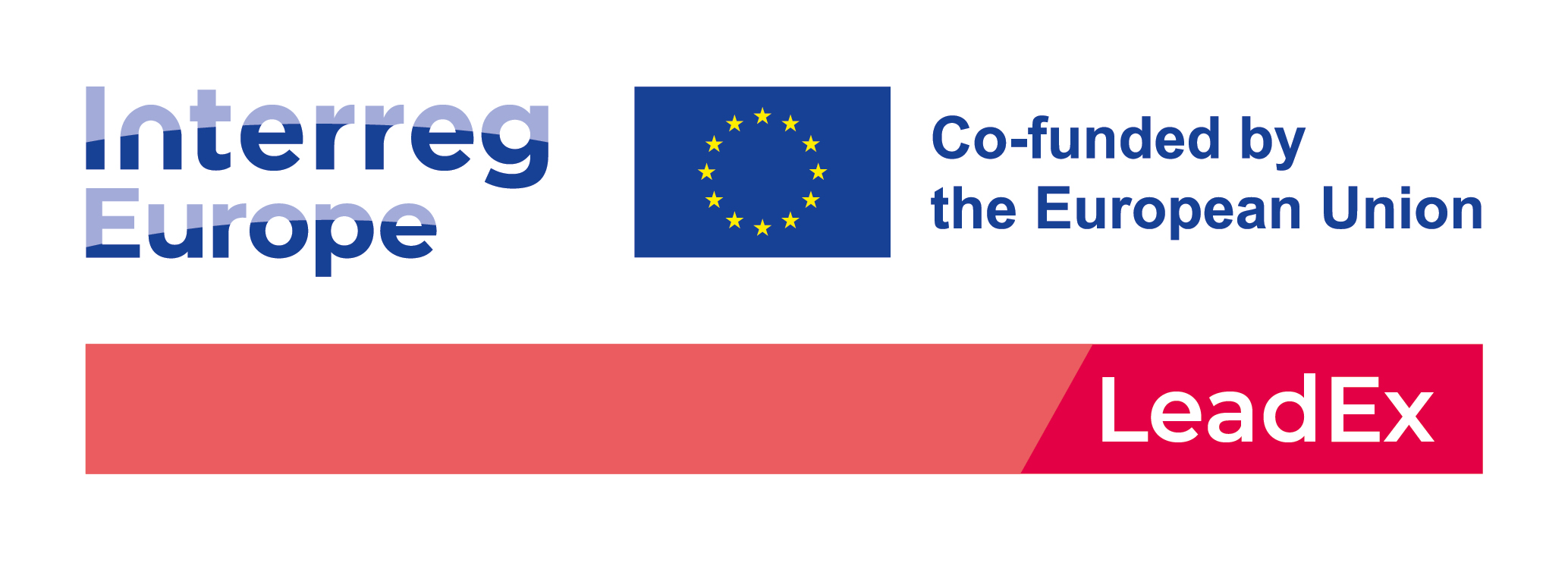LeadEx – Learning about the Educational Approach to Develop Excellence
LeadEx aims to enhance regional education policies in Europe by fostering excellence, inclusion, and digital innovation, with a particular focus on vulnerable groups.
Education is a powerful tool for building fairer, more cohesive societies. Yet, low education levels still hold back individuals and communities, widening socio-economic gaps. Achieving quality education for all is a challenge—but essential for shaping responsible citizens.
Across EU countries and regions, there are major differences in education systems, outcomes, and access. Socio-economic background remains a key factor influencing performance. LeadEx works to understand these barriers and design better policies.
The COVID-19 pandemic showed the potential of digital tools in transforming education. Used well, they boost engagement, broaden access, and create more inclusive classrooms. But innovation isn’t enough. Excellence also means supporting growth and keeping learners in school.
LeadEx promotes a holistic approach. Improving education requires coordination between schools, families, social services, and public authorities. It also means tailoring learning to students’ needs—so every young person can thrive.
To achieve this, LeadEx unites a diverse partnership across Europe, with varying development levels and experiences.
Objectives
LeadEx aims to improve educational regional public policies in Europe in terms of boosting inclusive excellence in education. The lack or low level of education has severe consequences for individuals and for the socio-economic cohesion in Europe.LeadEx will adopt a holistic approach to the interregional learning process, tackling the following educational aspects to increase the access and quality of education in Europe:
- Continuous professional development for teachers (Ongoing teacher training is essential to keep up to date with best pedagogical practices);
- Inclusion, diversity and excellence (Educational excellence means meeting the needs of all students, regardless of their abilities, cultural background or personal circumstances);
- Educational innovation (Adopting new technologies and pedagogical methods)
- Integral development (Educational excellence focuses not only on academics but also on personal growth, fostering soft skills, emotional and ethical skills).
Outputs
LeadEx will drive change by improving how education systems work across regions in Europe. Through a holistic interregional learning approach, it will support the continuous professional development of teachers, helping them stay current with the latest methods. It will also promote inclusion, diversity, and excellence—ensuring all students, regardless of background or ability, have access to high-quality learning. By encouraging innovation, such as digital tools and new teaching strategies, LeadEx will modernise classrooms and improve engagement. Lastly, it will support students’ full development—academically, emotionally, and socially—equipping them with the soft and ethical skills needed for life. This approach will have lasting impacts on organisations, educators, learners, and local communities.





